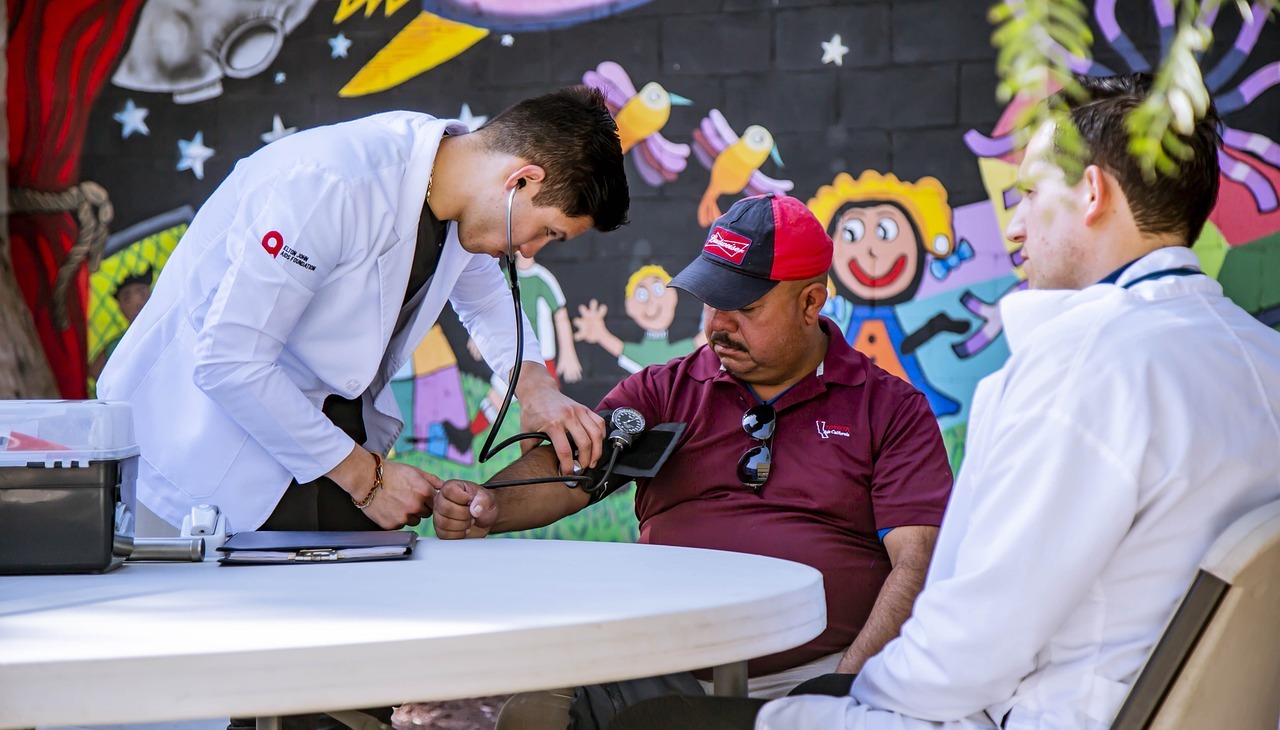
One-third of U.S. Hispanics say language is a barrier to their medical needs
This was revealed by a new survey that indicates that, in general, the American population does not have good health control habits.
According to the 'Wellness Matters' study, recently published by Aflac Incorporated, a leading provider of supplemental health insurance in the U.S., one-third of Hispanics say that language is a barrier to meeting their medical needs and understanding their insurance policies.
The report conducted by Kantar Profiles on behalf of Aflac, which surveyed 2,001 employed U.S. adults ages 18 to 65 as of June 2023, examines attitudes, habits, and opinions about health and preventive care.
Tom Morey, chief actuary in Aflac U.S., said in a press release:
The results of the Wellness Matters survey put a spotlight on the need for individuals to have a more proactive approach to their health care.
Key Findings
Some key findings include:
- Language Barrier Impact — Language barriers prevent 31% of Hispanics from accessing preventive care resources, resulting in 72% avoiding wellness tests, compared to 46% who do not feel it is a barrier. This leads to higher rates of avoiding important screenings for blood tests, pap smears, mammograms, STDs, skin cancer, and colonoscopies.
- Skipping Checkups — The study found that despite feeling healthy, 25% of Hispanics skip regular checkups. Reasons cited include lack of insurance, uncovered costs, and labor disputes, the latter especially among men (24%).
- Routine Checkups — They play a crucial role in cancer detection, as the study found that 72% of Hispanic respondents diagnosed with cancer found out about their condition through screening tests.
- Demanding Better Care — Many Hispanic respondents (61%) also agree that healthcare providers and organizations need to better engage and educate the Latino community on the benefits of being proactive with their health and wellness.
- Gender Dynamics — Hispanic men have a more positive outlook on their current and future health compared to women, especially on issues such as controlling their current weight/BMI (64% vs. 45%); financial health (57% vs. 44%); mental health (71% vs. 62%); and physical health (77% vs. 63%).
- Generational Divide — An analysis of Aflac's internal data reveals that its claims for cancer wellness benefits decreased in 2022 compared to 2019, especially among younger generations. For every 1,000 Aflac policyholders, cancer policy wellness claims fell 11% for 20-year-olds and 9% for 30-year-olds.

“That is why Aflac is encouraging policyholders and others to take control of their health by building good health habits early, asking health and insurance providers questions, and prioritizing routine wellness checkups,” added Morey.
RELATED CONTENT
Time to Prioritize Screening
Highlighting how 72% of Hispanic respondents diagnosed with cancer received their diagnosis at a routine medical exam or regularly scheduled annual screening, compared to 46% for the general population, Aflac calls for this trend to keep going and to get stronger.
Likewise, the health company highlights the value that loved ones have in promoting health, particularly within the U.S. Hispanic population.
67% of Hispanics say they benefit from friends and family who encourage them to go to the doctor for routine visits, while the majority of the population (83%) are more likely to keep a check-up appointment routine if a cash incentive is offered to help offset the cost.
“According to the survey, individuals are more likely to schedule checkups and prioritize wellness screenings as adults if their parents or caregivers demonstrated good habits, such as scheduling childhood wellness appointments, early in life,” points out Aflac.











LEAVE A COMMENT: